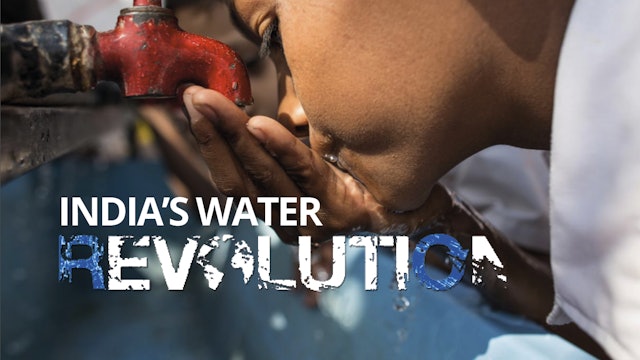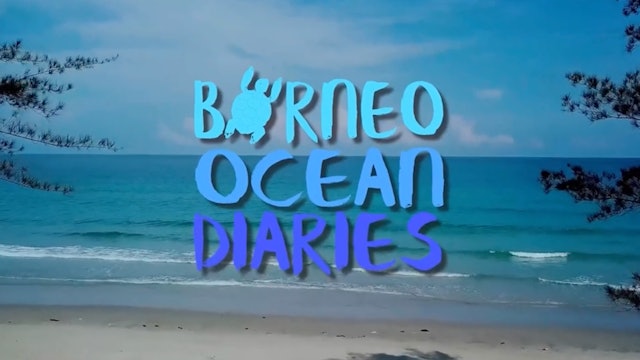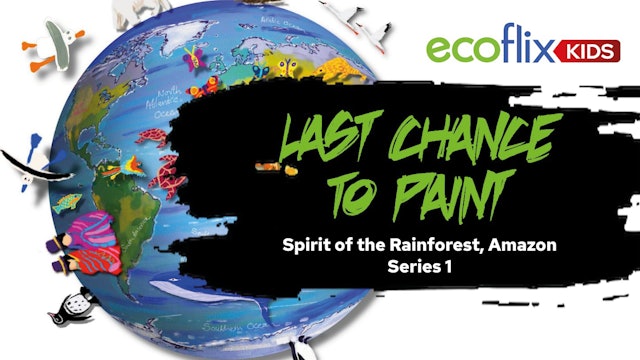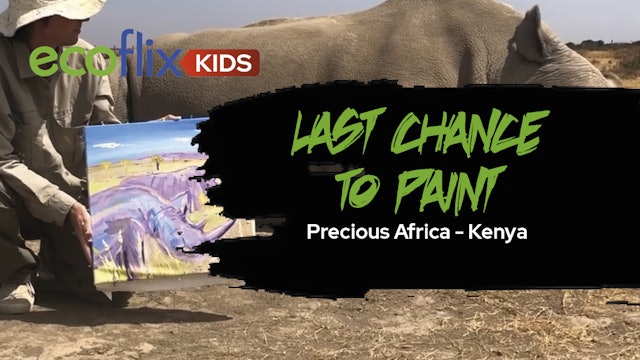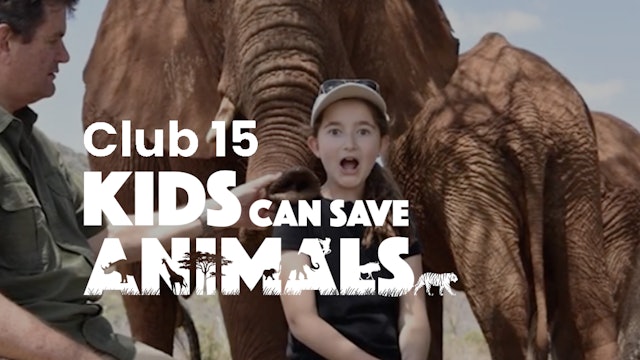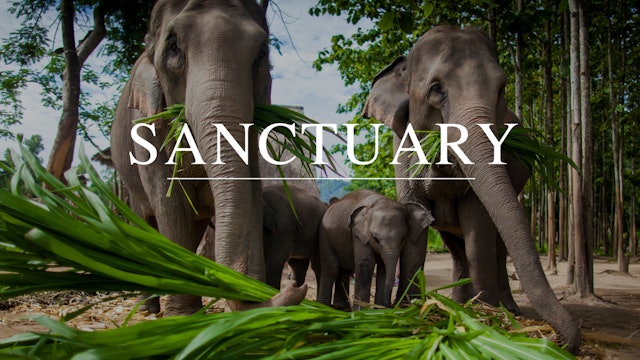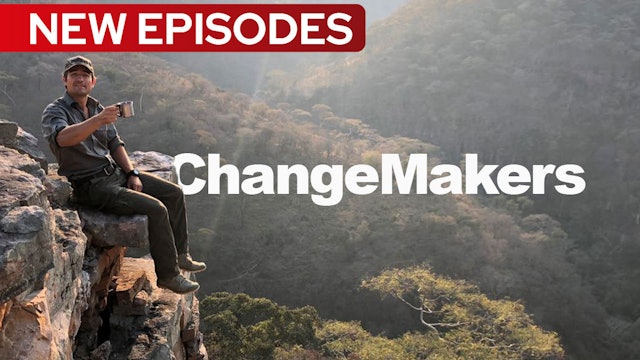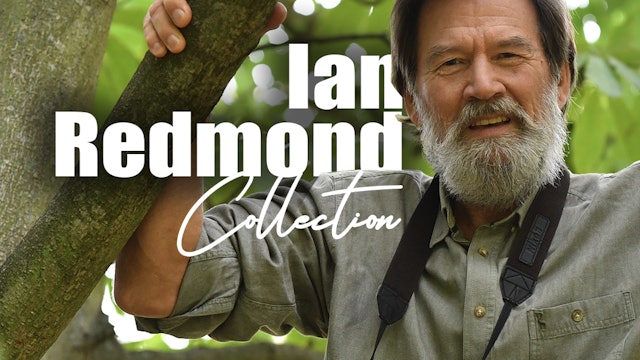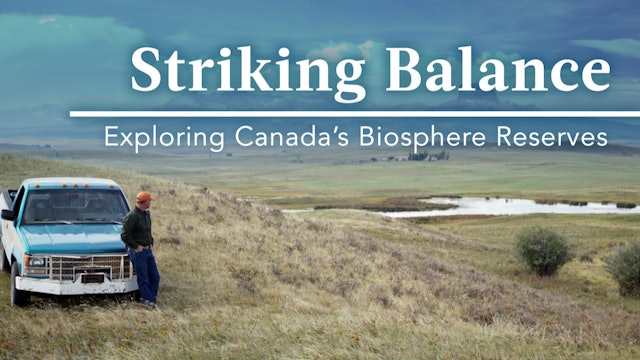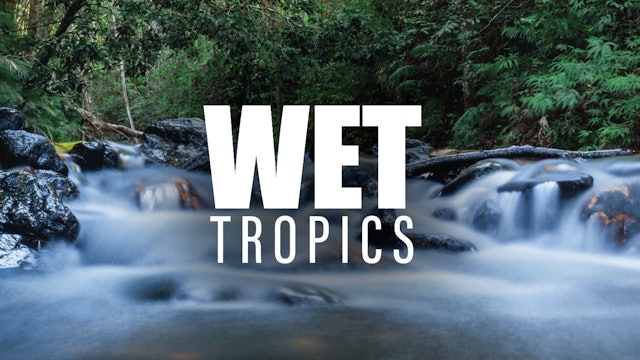Series
-
Wolf Connection
2 items
Scientific evidence shows that wolves were our first teachers, an ancestral relationship borne out of community and survival. From Wolf Connection’s first days, they have witnessed this collaborative bond– the magic it catalyzes and lives it saves. They continue to distill these lessons from wolv...
-
California Mountain Lions
9 items
This engaging series delves into rarely seen behaviours of California's Mountain Lions including basic biology, research techniques, mating and rearing cubs, movement and territory, ecology, genetics, toxin exposure, and human interactions and conflict with domestic animals.
In California, highwa... -
India's Water Revolution
2 items
Permaculture instructor Andrew Millison journeys to India to film the epic work of the Paani Foundation’s Water Cup Competition. We tour the village of Garavadi, in Maharashtra, who competed in the 2019 competition to install the most amount of water harvesting structures in a 45 day period.
-
Last Chance To Paint Series 1
6 items
Last Chance To Paint connect’s children to the environment using art to highlight what we all stand to lose. John Dyer is Cornwall’s best loved artist and has been the artist in residence at the Eden Project in the UK from the year 2000 to the present day. He is a fellow of the Royal Geographical...
-
Last Chance To Paint: Series 3 Precious Africa
9 items
You are invited to ‘travel’ with the Last Chance to Paint team to Kenya, Africa, to meet the Maasai tribe. Paint alongside artist John Dyer and exhibit in the World Gallery to highlight what we stand to lose. Discover amazing African animals and the culture of the Maasai. Investigate ecosystems, ...
-
How The World Works
11 items
How the World Works from Ecoflix is a fun and informative new animated series answering the big science questions kids love to ask. Why is the sky blue? Which animal is fastest? How does lightning form? Why do bees matter? Through colorful stories and clear explanations, each episode helps childr...
-
Planet Bonehead
11 items
Planet Bonehead is a unique TV series designed to teach kids about science, the environment, conservation, and climate change. Since 2012, it's been used in classrooms throughout the United States and Canada for kids in grades 2-6.
Each episode covers a different environmental issue. Bonehead, T-... -
Sanctuary
4 items
Across the world, animals are under constant threat from people
Whether it’s trading in exotic animal parts, keeping endangered species as pets, or the destruction of entire habitats, animals are left orphaned and homeless
But conservationists and animal charities have come to the rescue, creatin... -
RE:TV Reconnecting Globally
19 items
RE:TV series highlights some of the inspiring global innovations and ideas that are emerging in response to the climate and biodiversity crisis.
RE:TV was announced at the World Economic Forum at Davos in January 2020 by His Majesty King Charles III (then HRH The Prince of Wales) alongside the ...
-
Climate Emergency : Feedback Loops
5 items
The Earth is warming the Earth. In this series of five short films narrated by Richard Gere, we learn why natural warming loops have scientists alarmed and why we have less time than we think.
-
RE:TV Research and Scientific Innovations
12 items
RE:TV highlights some of the most inspiring scientific innovations and ideas that are emerging in response to the climate and biodiversity crisis.
RE:TV was announced at the World Economic Forum at Davos in January 2020 by His Majesty King Charles III (then HRH The Prince of Wales) alongside th...
-
Striking Balance
1 season
Striking Balance - the documentary series that travels across Canada - using aerial photography, motion capture, time-lapse and nature photography to create a stunning representation of the country's Biosphere Reserves.
These Reserves are set up in areas of global environmental significance, tho...






